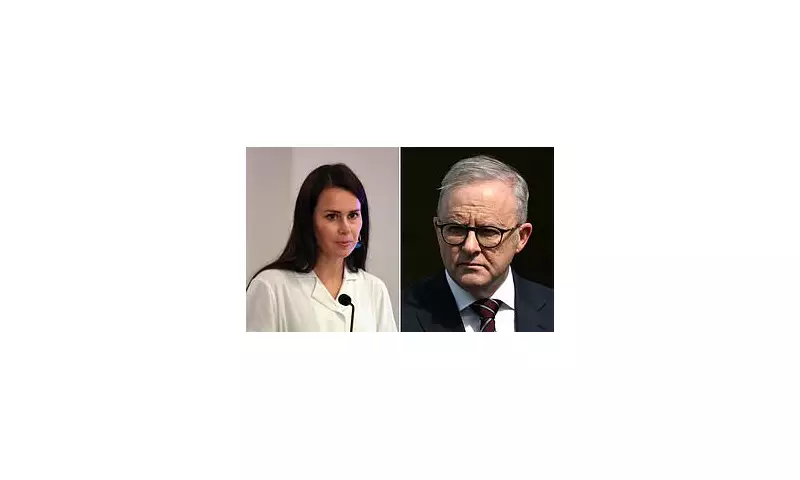
In a remarkable revelation of international diplomacy and personal resilience, newly surfaced details expose the immense efforts undertaken by Australian Prime Minister Anthony Albanese to secure the freedom of British-Australian academic Kylie Moore-Gilbert from Iran's notorious prison system.
The Cambridge-educated scholar, who was detained on widely disputed espionage charges in 2018, endured 804 days of brutal imprisonment in what has been described as one of Australia's most complex and sensitive diplomatic missions in recent history.
The Secret Negotiations
Behind closed doors, Prime Minister Albanese engaged in a delicate and high-stakes negotiation campaign with Iranian officials. The operation, conducted with utmost secrecy, involved multiple channels of communication and strategic diplomatic manoeuvring to bring Dr Moore-Gilbert home safely.
Sources close to the negotiations reveal the tremendous pressure faced by Australian officials, who balanced firm demands for her release with the need to maintain diplomatic relations with Tehran.
A Story of Courage and Endurance
Dr Moore-Gilbert's account of her imprisonment paints a chilling picture of psychological torment and isolation. Held in solitary confinement for extended periods, the academic demonstrated extraordinary fortitude throughout her captivity.
Her eventual release in November 2020 came as part of a prisoner exchange deal, though Australian officials have remained tight-lipped about the specific terms agreed upon with Iranian authorities.
International Implications
This case has significantly influenced Australia's foreign policy approach toward Iran and highlighted the vulnerabilities of foreign nationals working in politically volatile regions. The successful resolution has been hailed as a triumph of quiet diplomacy over public confrontation.
Security experts now warn academics and researchers to exercise extreme caution when conducting work in countries with strained relations with their home nations, citing Dr Moore-Gilbert's case as a cautionary tale.
The Australian government has since strengthened its travel advice for citizens visiting Iran and continues to work on formalising consular protection agreements with several Middle Eastern nations.





